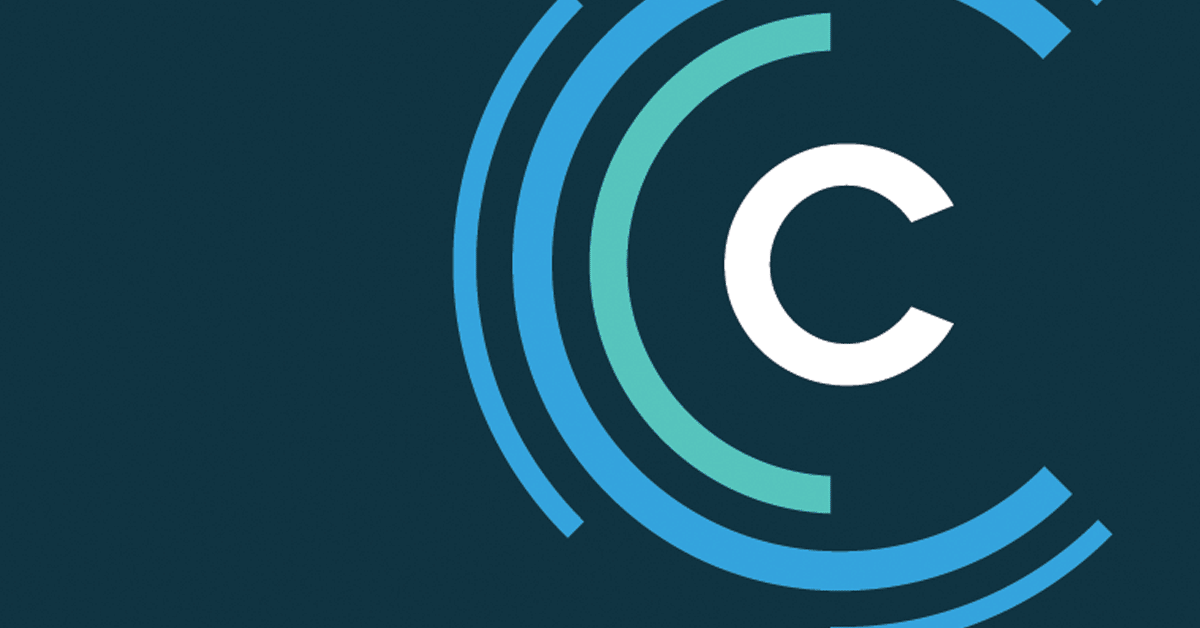Imagine it is 2027. A new hire begins the day by logging into an intelligent learning platform that greets them with a personalized dashboard. The system has already analyzed their recent work, past training history, and assessment results. It recommends three short lessons: one on a coverage gap they missed during a recent account review, one on a new regulatory update affecting their client segment, and one on a sales technique matched to their communication style.
Meanwhile, a colleague in another department receives an entirely different set of lessons. Their recommendations focus on advanced underwriting analysis, recent industry claims trends, and a refresher on a rarely used policy endorsement that will be needed for an upcoming renewal. Every element of the training is targeted to their role, their current workload, and their unique development needs.
This is not a distant dream. It is the emerging reality of insurance training, driven by technological, psychological, and organizational change. The organizations that prepare for these shifts will lead the market.
Artificial Intelligence and Personalization
AI is redefining personalized learning. Instead of static modules, AI adapts content to a learner’s cognitive patterns, emotional state, and performance history. It can present concepts in multiple ways, create targeted practice scenarios, and adjust difficulty in real time. AI can even act as a “teachable agent,” prompting learners to explain concepts, deepening understanding through teaching.
Continuous Microlearning
The days of long initial training followed by occasional refreshers are fading. Microlearning delivers short, focused lessons integrated into daily work. AI can predict learning needs from schedules, emails, or client profiles, delivering relevant content at the moment it is needed. Gamification and mobile-first design help make learning continuous and engaging.
Verified Credentials with Blockchain
Blockchain can securely record training achievements, assessments, and skills in a way that is portable and verifiable. This eliminates redundant training, prevents falsified credentials, and allows professionals to carry a complete record of their competencies across roles and employers.
Neurotechnology and Cognitive Enhancement
Emerging tools such as EEG-based attention monitoring and neurofeedback are improving focus, retention, and decision-making. These technologies raise ethical questions, but they also offer the potential to accelerate complex learning and transfer expertise faster.
Social and Networked Learning
Future learning will be deeply collaborative. AI can connect learners with peers or mentors who have complementary skills. Collective problem-solving platforms and knowledge graphs will allow organizations to harness expertise across teams, locations, and even borders.
Building Adaptive Learning Organizations
The most successful organizations will become adaptive learning ecosystems. Learning will be embedded in daily work, leadership will focus on creating conditions for growth, and partnerships across the industry will foster shared innovation.
Preparing Now
These trends are not far-off possibilities. By experimenting with AI tools, microlearning programs, and stronger credentialing systems, agencies can begin building the skills and infrastructure needed for the future. Those that act early will not just keep pace, they will set the standard for what insurance training can be.
The future of learning is arriving quickly. Organizations that embrace these changes now will position themselves for long-term adaptability, capability, and competitive advantage.
You May Also Like
These Related Stories

Tailored Training: Why One-Size-Fits-All Fails in Insurance Education

Memory Matters: How to Turn Insurance Knowledge into Lasting Expertise



No Comments Yet
Let us know what you think